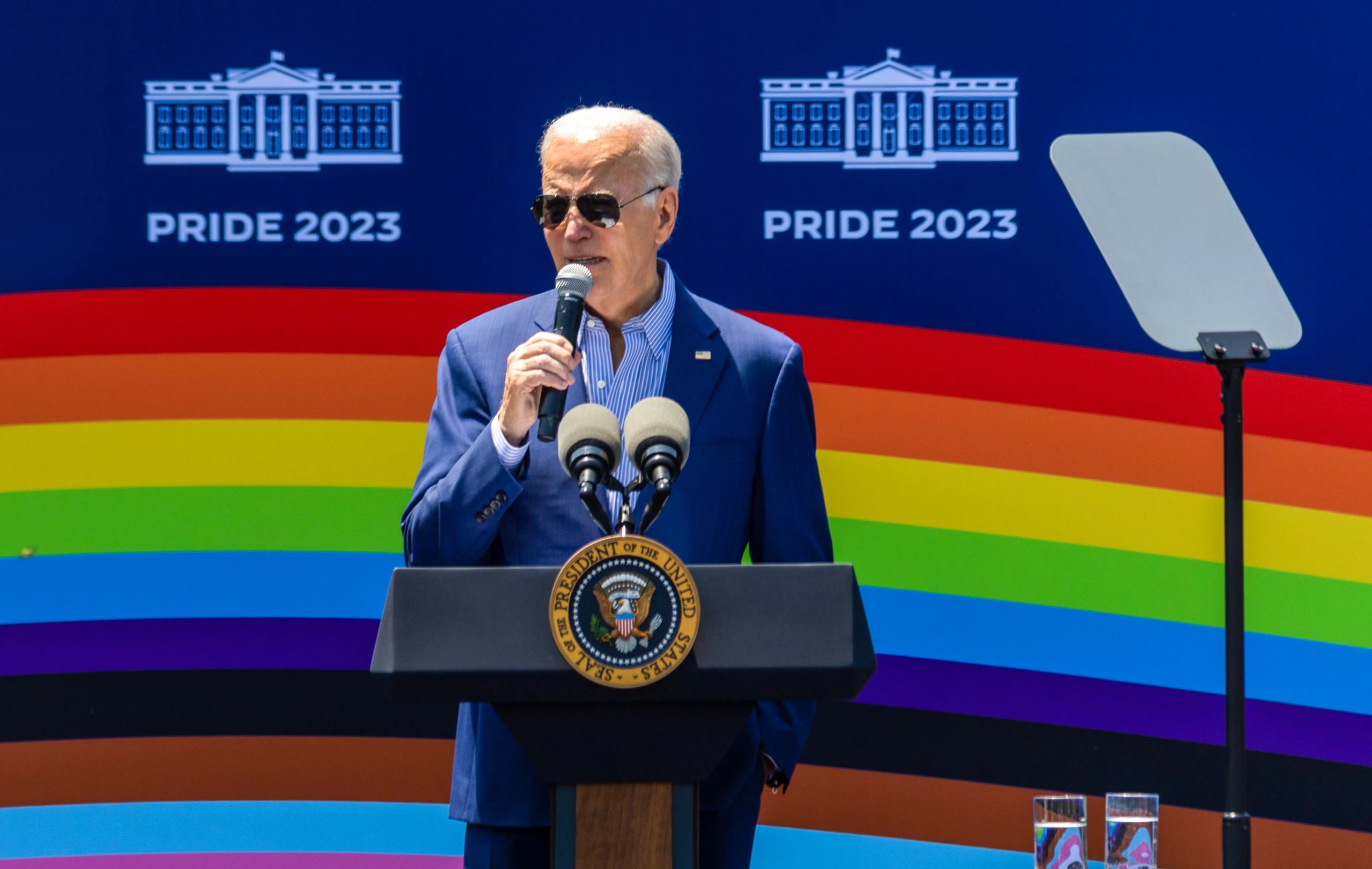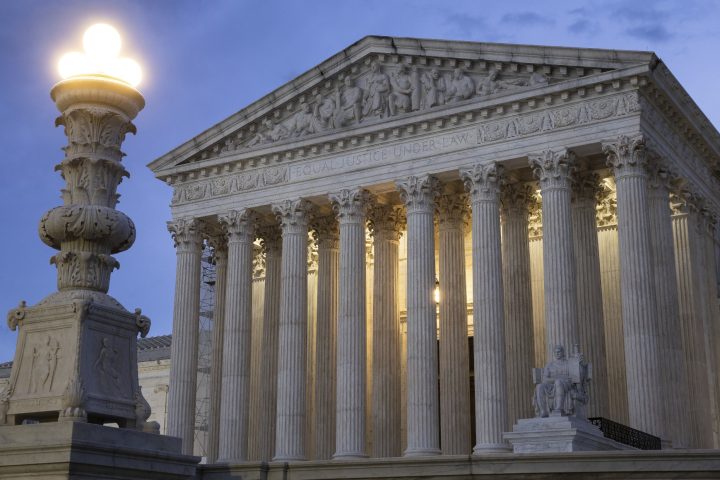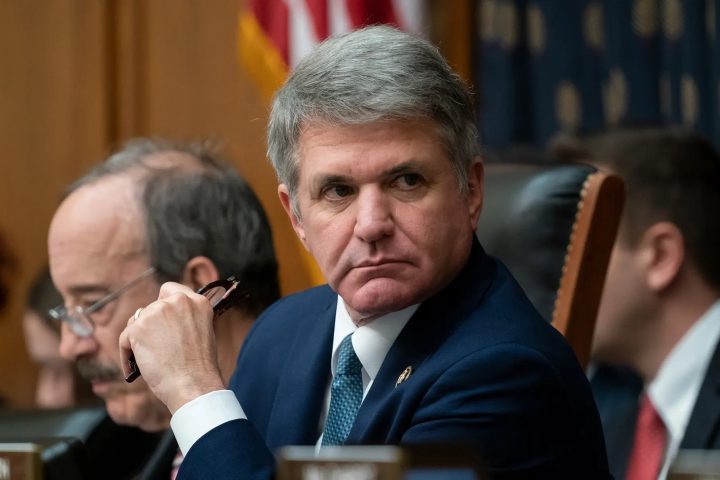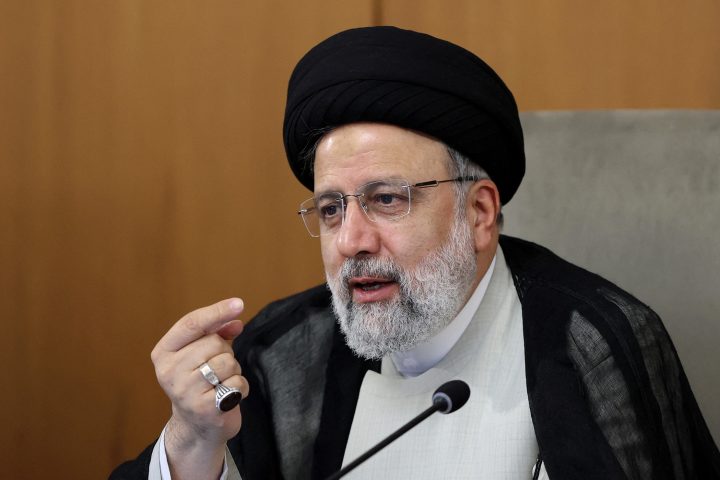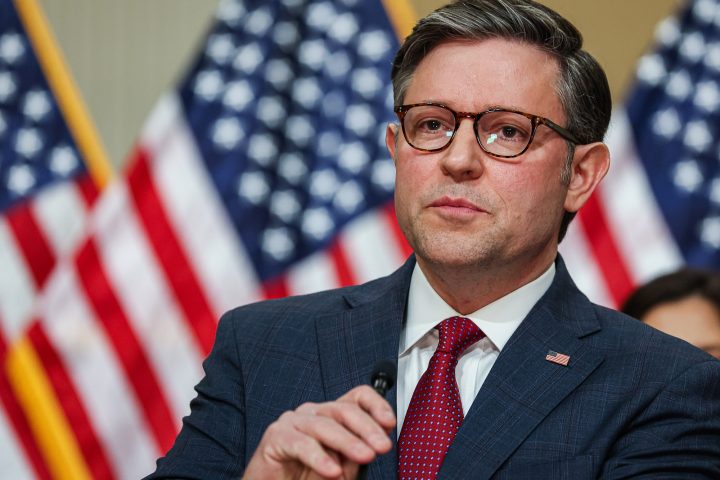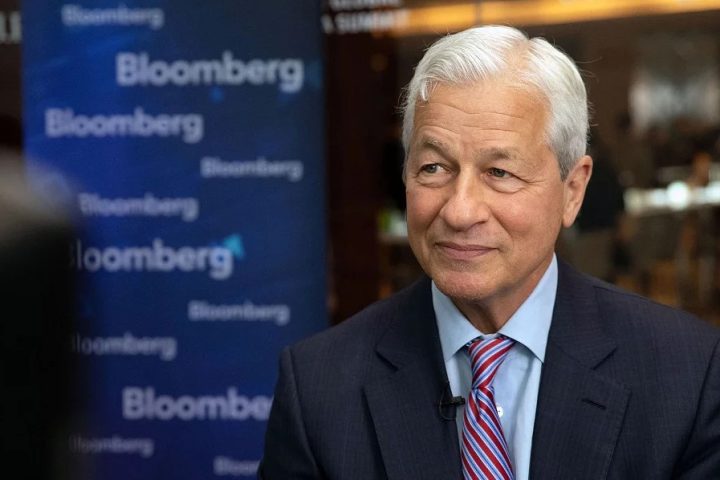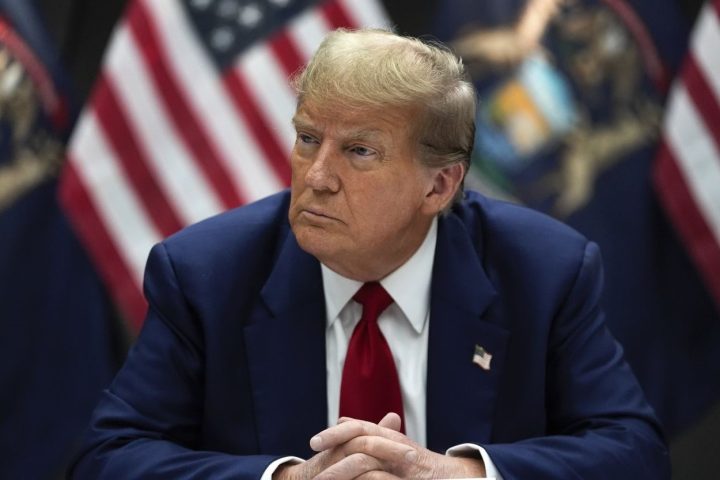Liberal Churches and LGBTQ+ Groups Celebrate Easter Sunday Coinciding with Transgender Day of Visibility
This year, Easter Sunday, a significant date in the Christian calendar, coincides with the Transgender Day of Visibility, observed annually on March 31. This alignment has sparked celebrations among a handful of liberal churches, religious organizations, and LGBTQ+ groups.
While Easter Sunday varies each year, falling on March 31 in 2024 holds special significance as millions of Christians worldwide commemorate the resurrection of Jesus Christ. However, for some, the convergence with the Transgender Day of Visibility adds a new layer of meaning to the occasion.
Several liberal religious and non-religious organizations are embracing this overlap, incorporating transgender themes into their Easter celebrations. One such example is the Unitarian Universalist Church of Palo Alto, which will host an Easter Sunday service titled “New Life, Fuller Life, Authentic Life” on March 31.
Led by Revs. Amy Zucker Morgenstern and Catherine Boyle, the service aims to celebrate the rebirth and authenticity experienced by transgender and nonbinary individuals.
In a statement on the church’s website, Revs. Morgenstern and Boyle expressed the significance of this convergence, highlighting the parallels between Easter’s themes of renewal and the journey towards authenticity for all individuals, regardless of gender identity.
Meanwhile, publications like Pride Source have encouraged their readers to engage in various activities to celebrate both Easter and the Transgender Day of Visibility, including attending inclusive religious services at queer-affirming churches like the First Congregational Church of Ann Arbor, led by Rev. Dr. Darcy Crain.
The celebrations coincide with President Biden’s official proclamation designating March 31 as the Transgender Day of Visibility, emphasizing the courage and contributions of transgender Americans.
However, this move has faced criticism from some quarters, including former GOP presidential candidate Vivek Ramaswamy and other Republican lawmakers, who oppose transgender ideology on religious grounds.
Traditional Christian perspectives often view transgender ideology as conflicting with their beliefs, a sentiment echoed by Pope Francis, who has cautioned against the perceived dangers of gender ideology, citing its potential to blur the distinctions and value of men and women.
As Easter Sunday and the Transgender Day of Visibility intersect this year, the celebrations serve as a reminder of the diverse perspectives and ongoing discussions surrounding identity, faith, and inclusivity in contemporary society.

